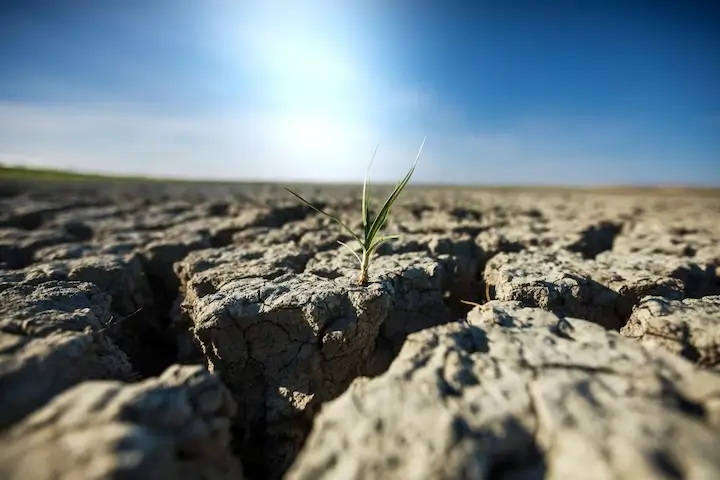
In the face of challenging times for Namibia’s agricultural sector, the Minister of Agriculture, Water and Land Reform, Calle Schlettwein, has assured the public that the adverse effects of drought on nature and farming are manageable. While he acknowledged the negative impact of droughts on water availability for production and grazing, he remained optimistic about the country’s ability to navigate through these difficulties.
The main concern during droughts is the impact on agriculture, particularly on meat prices due to excessive off-take and lower demand. However, Minister Schlettwein emphasized that this fluctuation in prices is a cyclical event that typically recovers after June or July. The government is aware of this challenge and has already taken strategic measures to mitigate its effects and maintain a steady growth trajectory.
One of the key initiatives rolled out by the government is the implementation of drought assistance programs. These programs include subsidies for the transportation of cattle to abattoirs or grazing grounds. The aim is to ease the burden on farmers and provide support during these challenging times, ensuring that agricultural growth is not hindered.
Minister Schlettwein urged farmers to remain vigilant and closely monitor the condition of their grazing lands. By supplementing grazing with fodder or supplements and managing their animal population effectively, farmers can avoid reaching critical thresholds where drastic measures like mass sell-offs would lead to a significant drop in prices.
Understanding the severity of the situation, Minister Schlettwein reassured the nation of the government’s commitment to mitigating the impact of drought and supporting farmers. The Ministry’s strategic measures and assistance programs are geared towards sustaining agricultural growth and ensuring food security for the country.
The warning of an imminent drought came earlier this year from the Namibia National Farmers Union (NNFU). The NNFU noted that rainfall activities have been erratic since the previous drought that hit the country between the 2013 and 2019 seasons. Experts predict that Namibia’s climate will become hotter and drier in the next five decades, with greater variability in rainfall.
This prediction highlights the urgency for farmers to start preparing for the dry season. The NNFU’s Acting President, Amos Kapi, stressed the importance of alerting farmers to make necessary preparations, as the country could face challenging conditions. The erratic rainfall patterns and potential for more severe droughts call for proactive measures to secure food security and support agriculture and livestock production.
The Agricultural Bank of Namibia (Agribank) also expressed concern about the poor rainfall performance since the last drought, which could negatively impact food security, agriculture, rangeland rehabilitation, and livestock production. To address this potential threat, the bank called for the development of a contingency plan in collaboration with the government and other stakeholders. This plan aims to ensure the resilience of the agriculture sector and safeguard food security for the nation.
In conclusion, Namibia is facing the challenges of drought and its impact on agriculture and food security. However, with the government’s strategic measures, drought assistance programs, and support for farmers, Minister Schlettwein remains positive that the impact of the drought is manageable. The collaborative efforts of the government, farmers, and stakeholders are crucial in navigating through these difficult times and ensuring the sustainable growth of the agricultural sector and the well-being of the nation.
Stay updated with the latest farming tips and agriculture industry news from Africa by subscribing to our newsletter. Don’t miss out on valuable insights and updates. Follow us on Twitter, LinkedIn, and Facebook to join our farming community and stay connected with us.



















